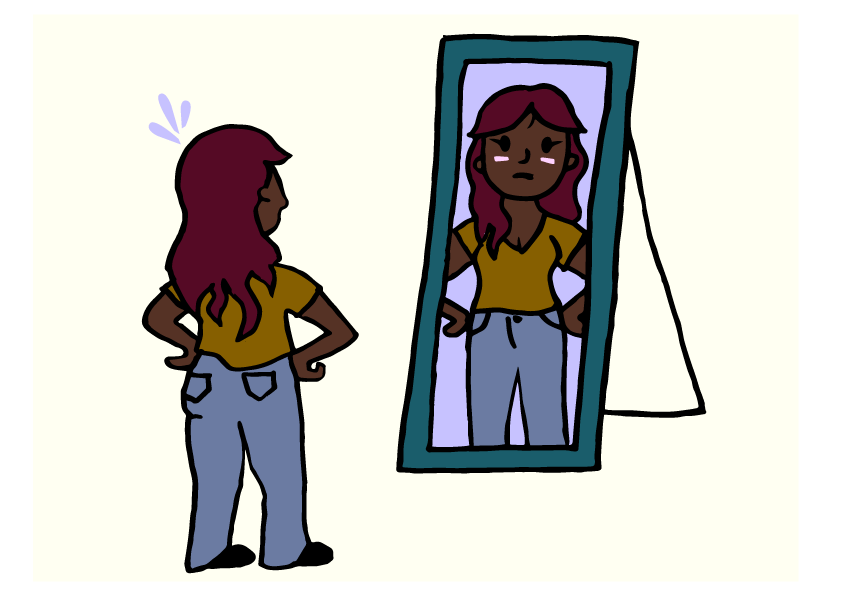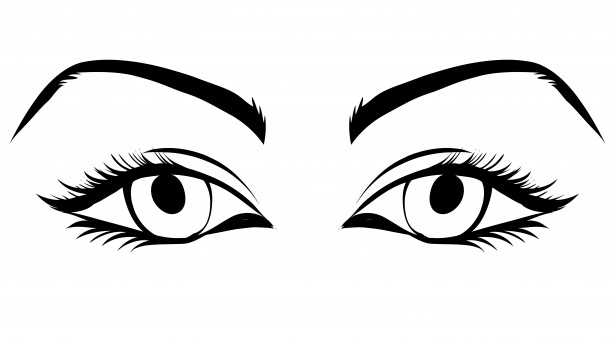One of my first experiences with diet culture was when I stood on the weight scale in my dance studio, proving to my instructor that I was “overweight.” The digitized numbers showed eighty pounds and I remember thinking to myself, “How can my instructor lift me when I am so heavy?” I was eight years old.
This is not an uncommon experience for adolescents as 53% of American girls reported being unhappy with their bodies. In one study, 36% agreed that they would do “whatever it took” to look good.
Now, if you’re rich, you can do so by abusing a medication.
Ozempic is a diabetes drug that has become controversial over its usage within the online environment. While this drug helps to control high blood sugars and also lowers the risk of death for those who have type two diabetes and heart disease, people have been searching for a prescription without having a medical reason, such as type two diabetes or obesity, in order to lose weight.
This interest has caused a shortage of the drug, limiting access to people who are using this drug for legitimate health concerns.
As “heroin chic” has slowly resurfaced alongside the “y2k” fashion movement, being extremely thin is highly desirable yet again and shows our societal fascination for a quick fix to being thin. This attitude is highly apparent in celebrities, such as Kim Kardashian who lost 16 pounds in three weeks to fit into Marilyn Monroe’s dress. A quick fix such as this led to a lot of speculation that these 16 pounds cost more than a good diet and 21 one-day exercise plan.
Though some celebrities are dubious with their cosmetic procedures or weight loss, Elon Musk fully admitted to using Ozempic along with fasting to lose over thirty pounds.
There’s an apparent reason why many people believe this option for weight loss is only accessible to celebrities: The cost. Ozempic costs $1,200 for a month’s supply without any insurance aid, which is the cost of a quick solution. This has not stood in the way of people attempting to get a prescription, as the drug went viral for its weight loss effect.
Abusing the drug and creating a shortage after realizing that this drug has a weight loss effect is a humiliating testament to what we view as attractive in our culture. We have an overt fascination with being thin that we make the drug inaccessible for those who truly need it, while also creating a class divide of who can afford this drug to become thin quickly versus those who cannot.
Ozempic is not without side effects, either including nausea, vomiting and diarrhea which can lead to dehydration and kidney damage. This drug’s weight loss effect is not permanent, as the weight can be gained back as soon as the person stops taking the medication.
Ozempic’s usefulness is about as fleeting as our fashion trends, but a much bigger problem exists far beyond this. We shouldn’t be looking at weight as a fashion trend.
The implications surrounding viewing weight as something desirable to achieve in order to fit into a dress or have a skinny waist is not healthy and that’s demonstrated by numerous concerns regarding body image and mental health.
I don’t think there’s anything wrong with wanting to look good and lose weight if it makes you feel better. However, a quick drug to help you lose weight is not healthy, nor sustainable. A balanced diet and a consistent workout plan are.
We need to shift our focus to seeing our weight as a reflection of our health and only determine if we need to change it due to health concerns. Our bodies are not fashion trends.
This story was written by Laura Niezgoda. She can be reached at [email protected].







